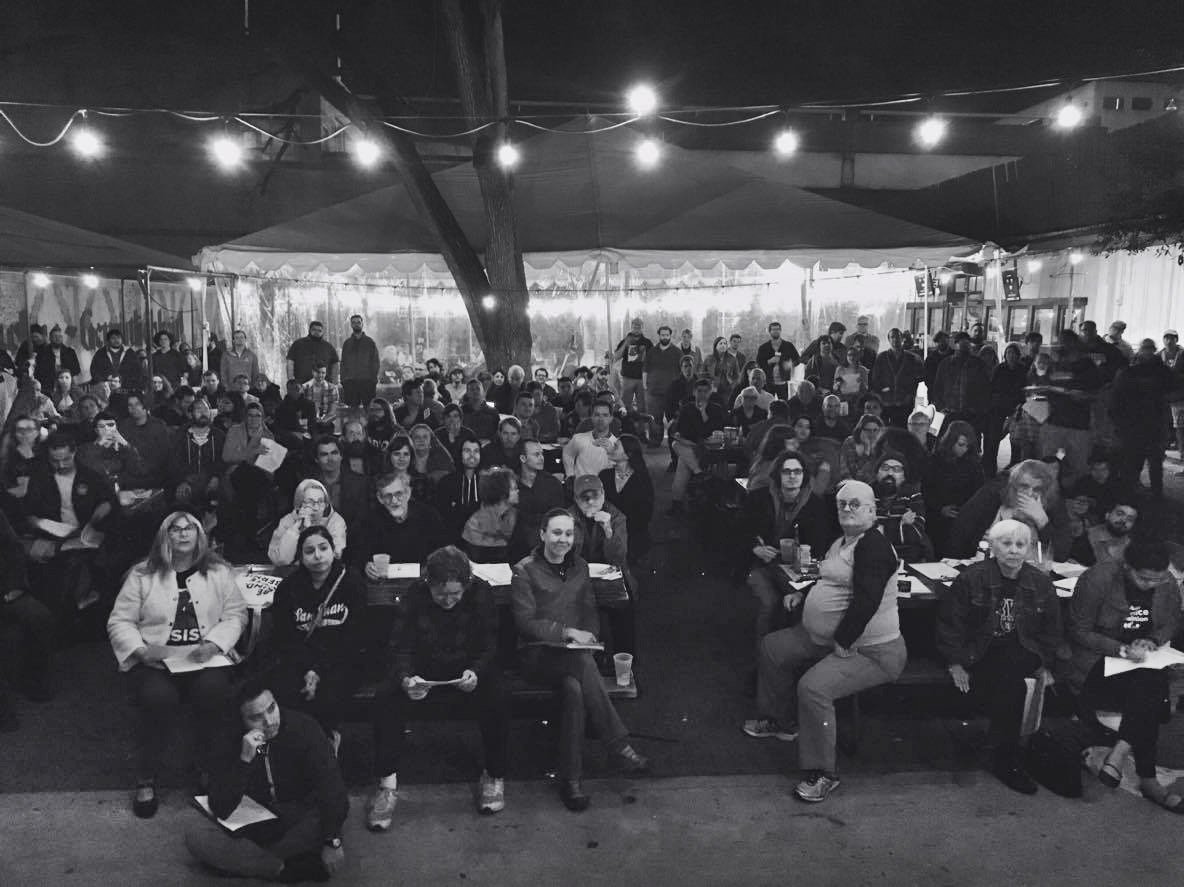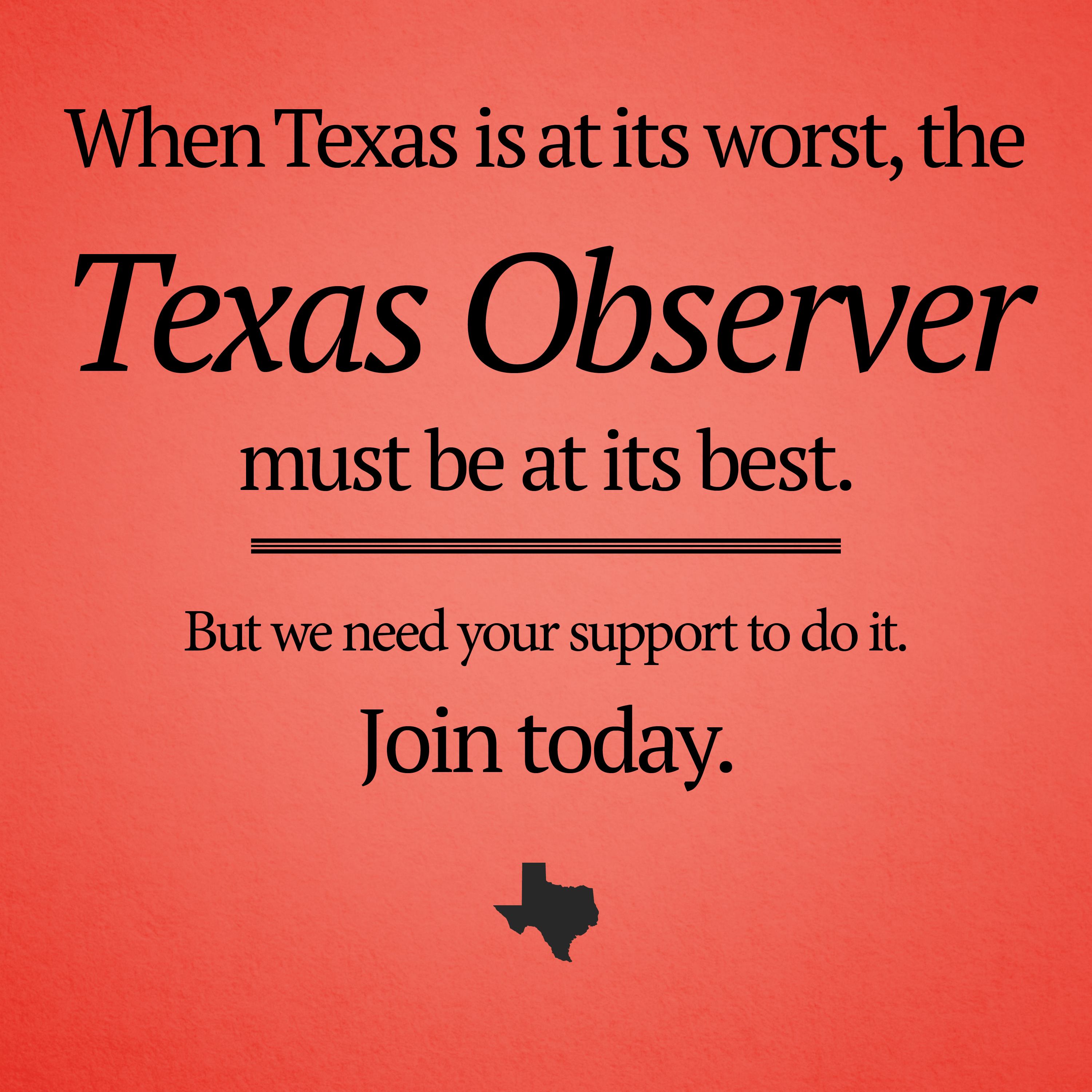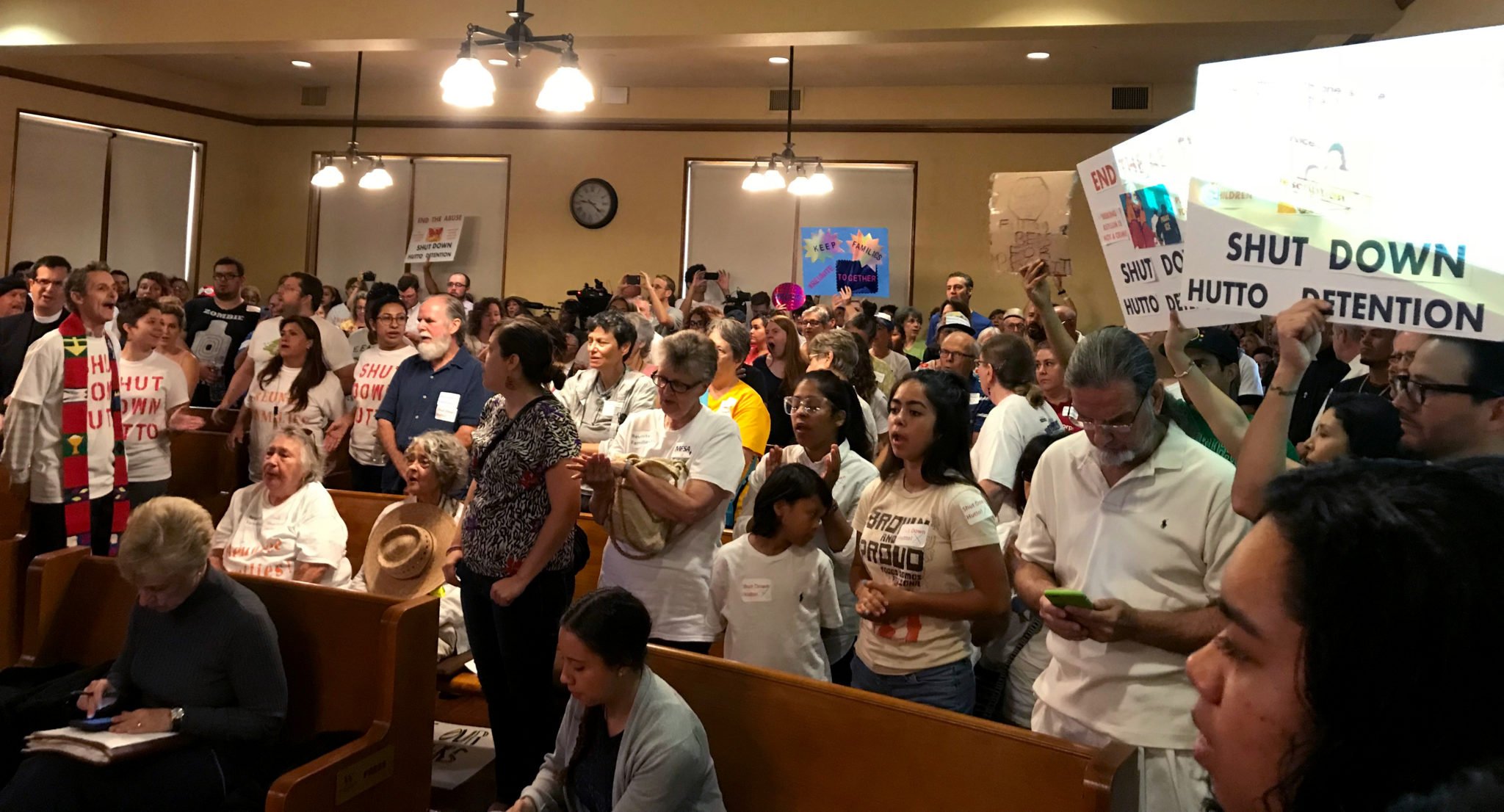
Red Dawn: Socialist Group Sees Explosive Growth Ignited by Sanders, Trump
By embracing Bernie Sanders, the Democratic Socialists of America reaped the harvest of politicized young people no longer afraid of the s-word.

A version of this story ran in the April 2017 issue.

As the election results rolled in, David Duhalde watched on his computer as America’s youth rushed into the arms of socialism.
“You could literally track the states Trump was winning by our online sign-ups,” said Duhalde, deputy director of the Democratic Socialists of America (DSA). “It’s a whole timeline of people saying, ‘Oh no, it’s all over; I’m gonna join DSA.’”
Founded in 1982, DSA is a national organization that promotes democratic socialism, which Duhalde defines as democracy that extends beyond the polls into workplaces and homes. In practical terms, the group lives on the left edge of the Democratic Party, promoting single-payer health care, strong labor unions and rights for oppressed groups.
Duhalde said the organization now has 17,000 dues-paying members, up from 6,500 in May 2016 and 14,000 on Inauguration Day. The explosive growth shows no signs of abating, he added. The national website lists 105 chapters in 36 states, including 10 in Texas.

DSA campaigned hard for Bernie Sanders during the battle for the Democratic nomination. While some far-left organizations rejected “the Bern,” claiming the candidate was not a true socialist, DSA embraced Sanders as essentially one of their own. That put the group in a position to reap the harvest of politicized young people no longer afraid of the s-word.
“Bernie helped to inoculate against the perception that socialism is un-American or foreign,” said Jim Tourtelott, a retired lawyer and founding member of the Austin DSA chapter. “Now after the election, people want more than to just say, ‘Fuck Trump’; they want a full critique of how we got here.”
Since the election, four new chapters have cropped up in Texas, including groups in San Antonio and the Dallas-Fort Worth area. The 3-year-old Austin group is by far the largest, with around 500 members.
On a warm February evening, about half that number packed into Scholz Garten, a dimly lit beer garden near the University of Texas campus that has been a progressive watering hole for decades. Many sat on the ground or stood along the fence as waiters squeezed through the overwhelmingly young crowd with trays of burgers and beers.
“We’re moving away from being a group of older, white men,” said Chau Ngo, co-chair of the Austin DSA. “We’re seeing a lot of women, and our queer coalition is exploding. It’s still mostly white, but we’re seeing more members of color.”
The meeting was a bit disjointed, perhaps because the group’s growth is outpacing its organizational structure. The crowd heard from a series of speakers on topics ranging from independent voters to stresses on Austin’s water supply. They also heard from subcommittees, including the queer coalition.
Nikki Reese, the coalition’s 31-year-old co-chair, told the Observer she ran away from her Dallas-area home at 16 when her parents rejected her sexuality — a common story for LGBT youth. She joined DSA right after the election.
“This is what we’re all doing to keep breathing,” Reese said, gesturing toward the crowd. “This is the start of our revolution; people are waking up more and more as Trump does these awful things. Seeing this crowd, I feel more hope now than ever in my adult life.”
This article appears in the April 2017 issue of the Texas Observer. Read more from the issue or become a member now to see our reporting before it’s published online.



